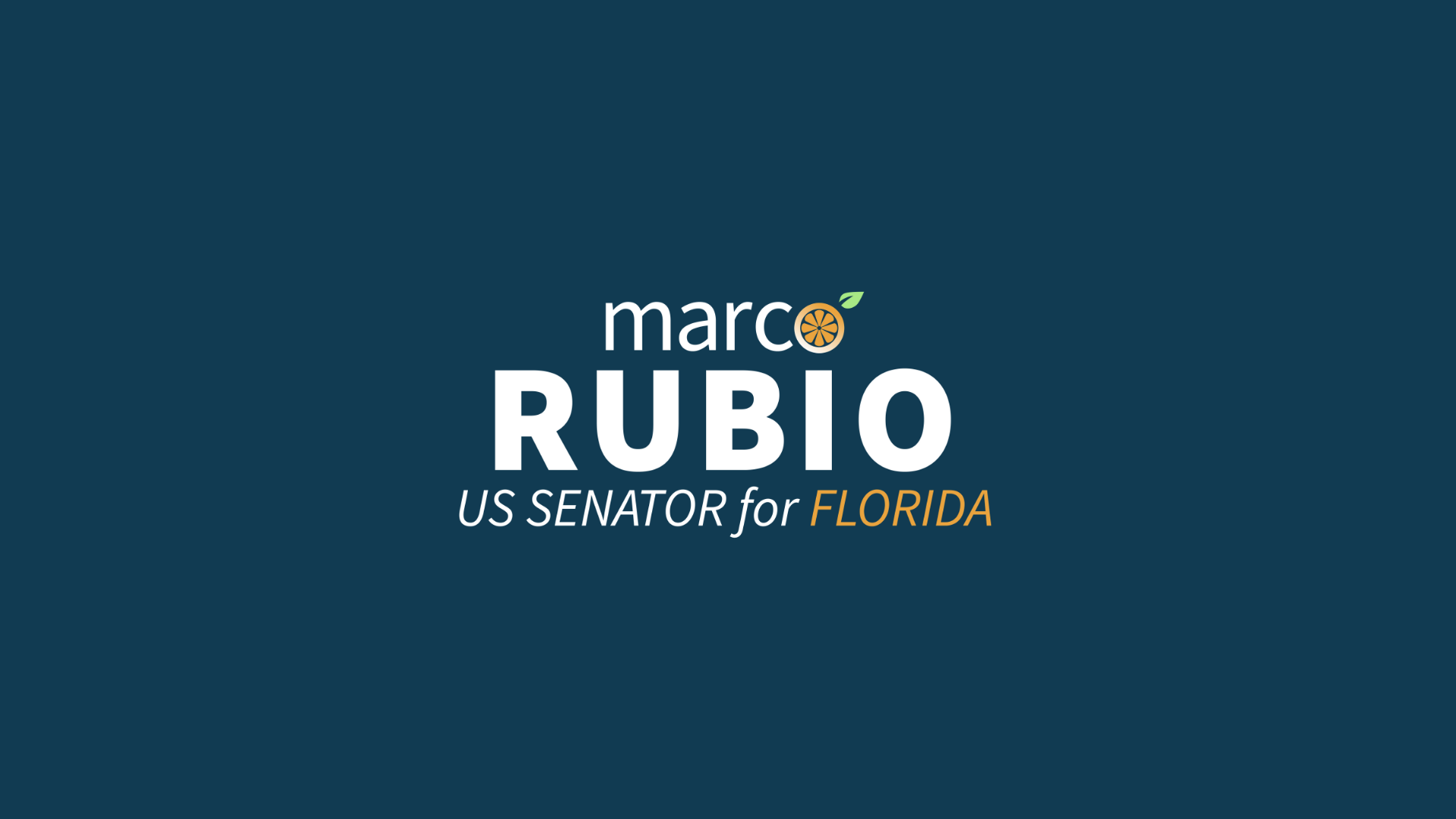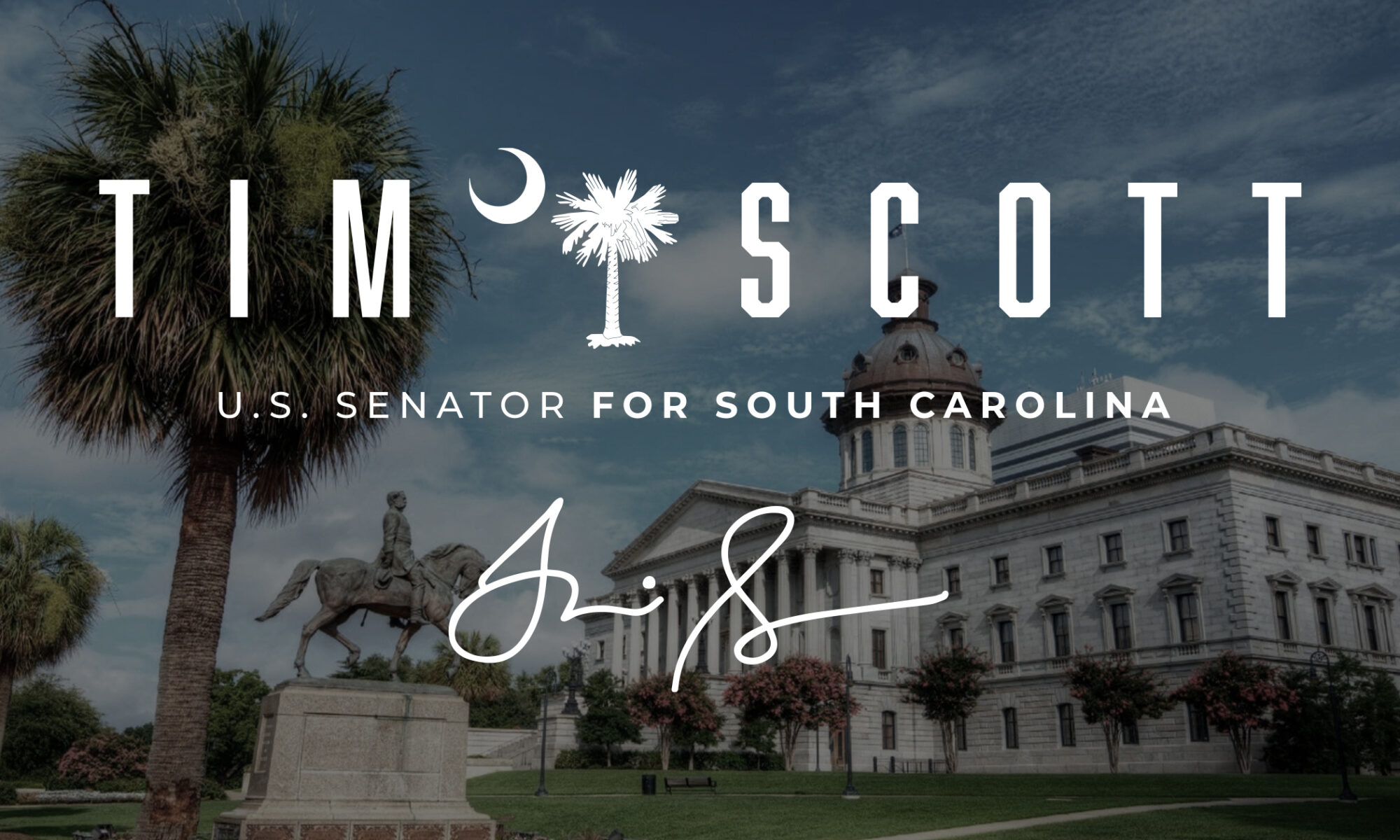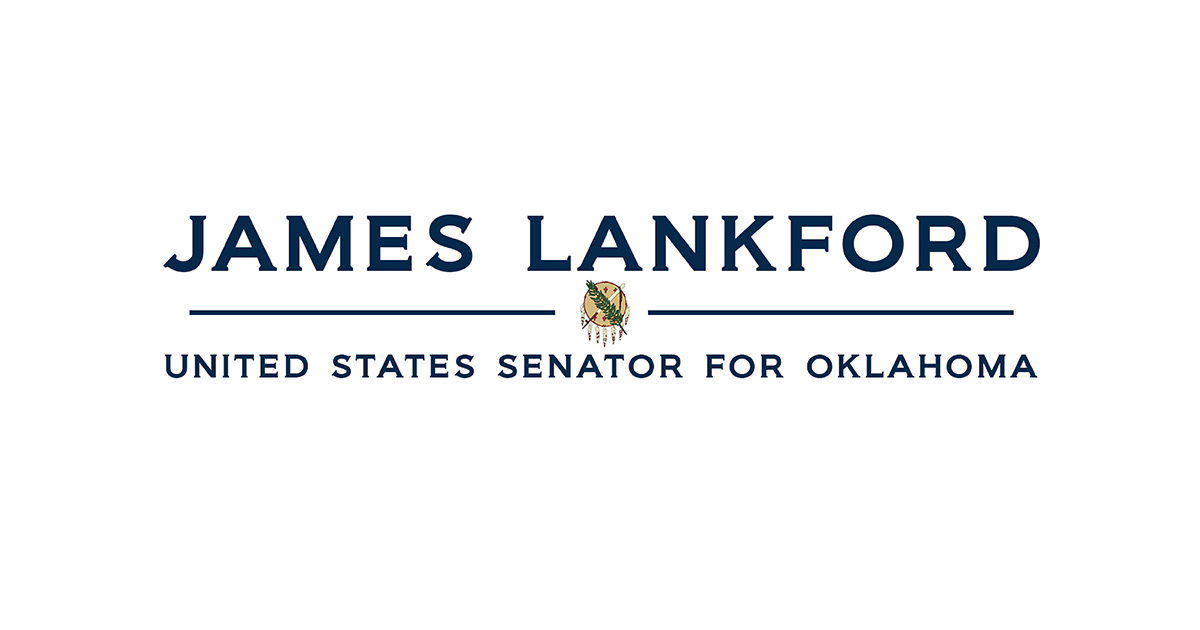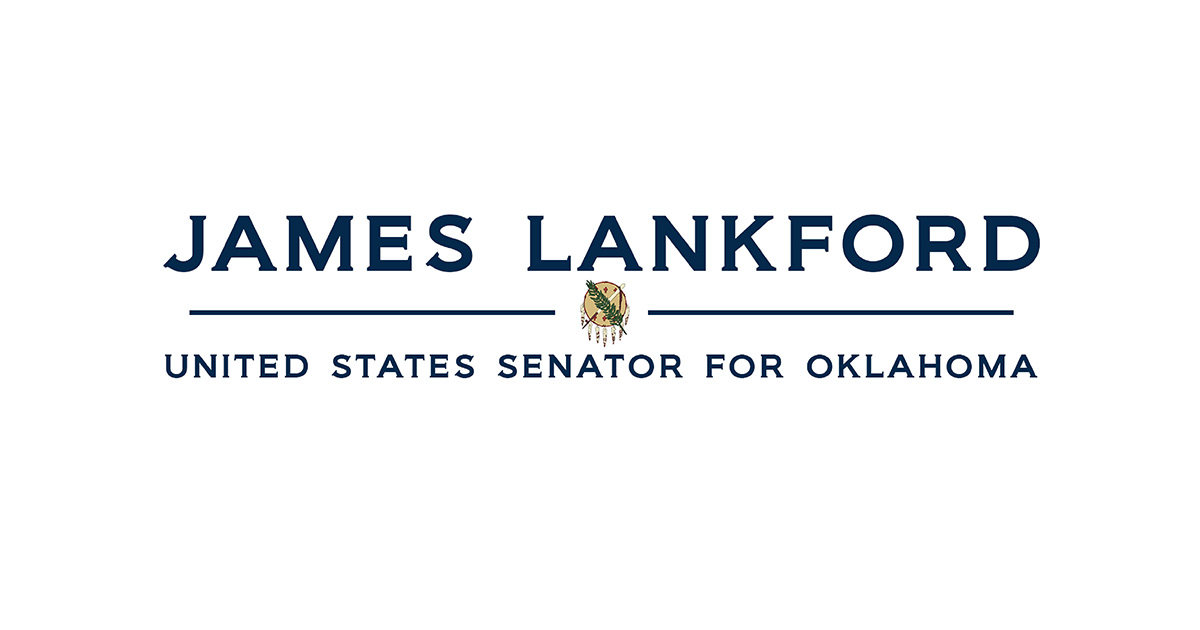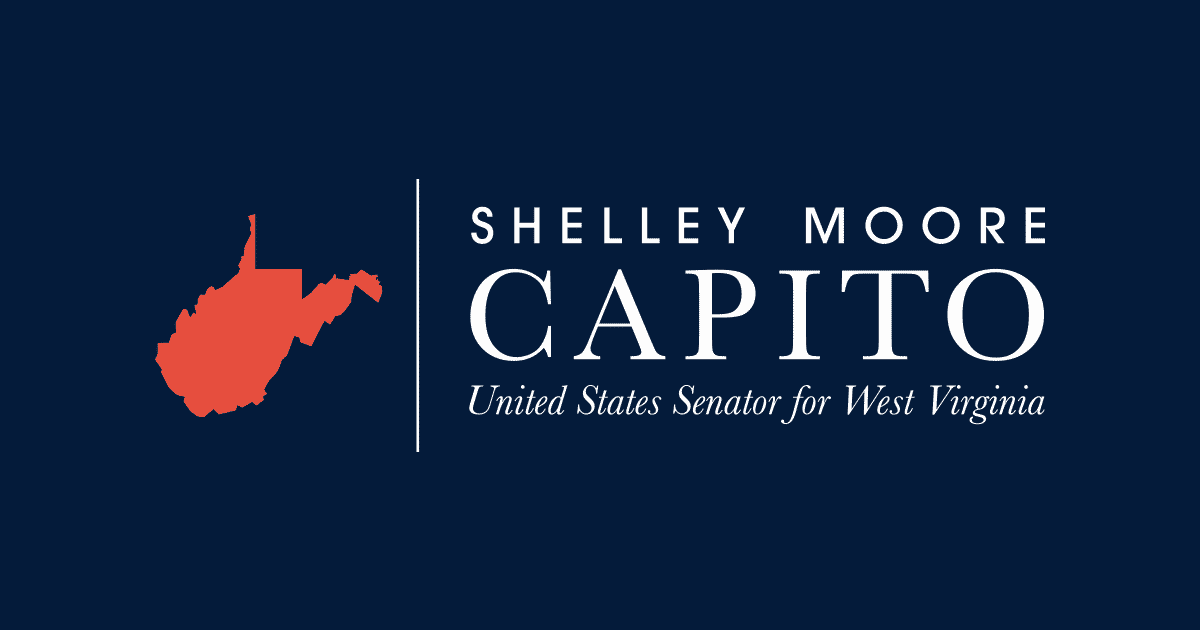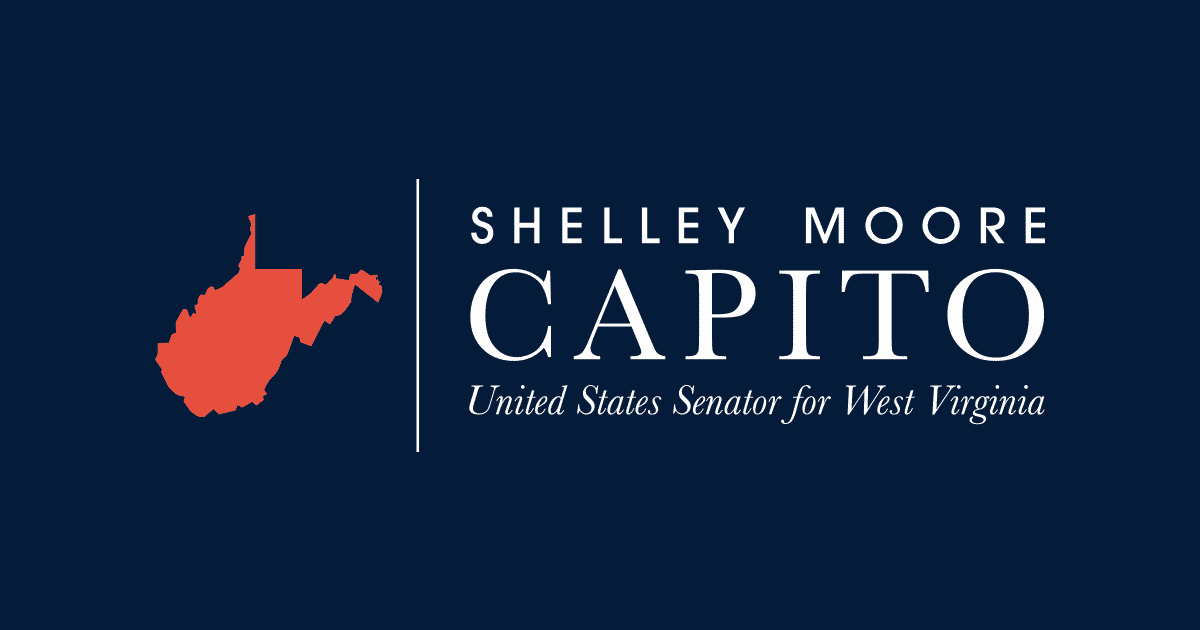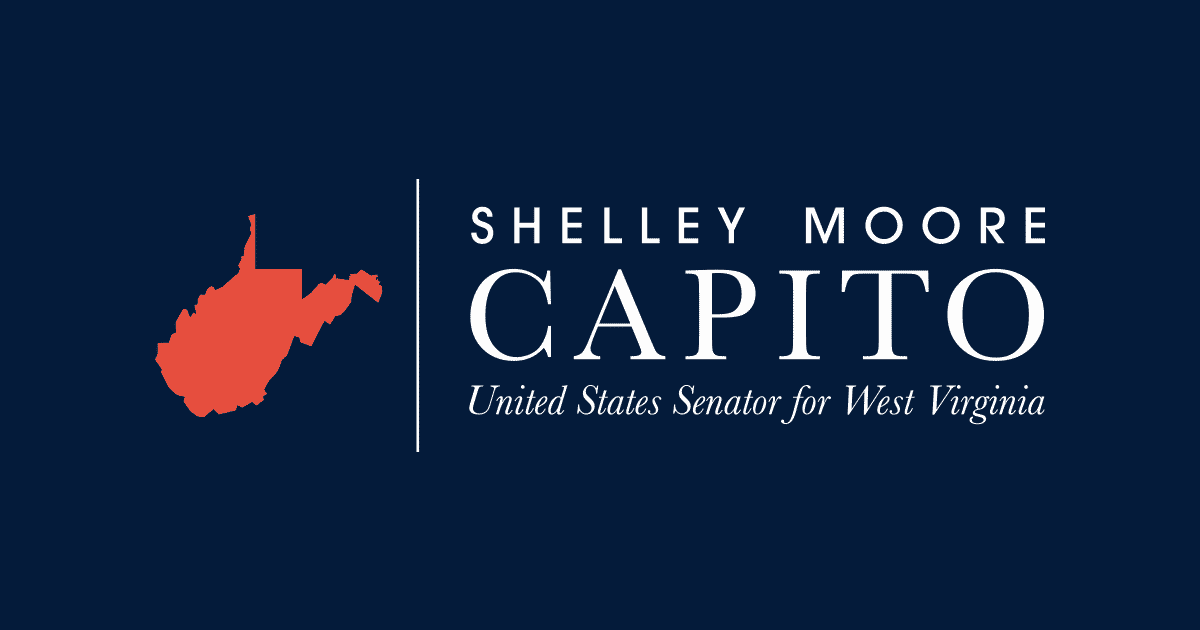Source: United States Senator for South Carolina Tim Scott
Thursday | March 16, 2023
WASHINGTON – In his opening statement at today’s U.S. Senate Committee on Banking, Housing, and Urban Affairs hearing on public transportation, Ranking Member Tim Scott (R-S.C.) emphasized that local communities – not the federal government – should be empowered to make decisions on local transportation. Senator Scott emphasized the federal government should not force its progressive climate agenda on municipalities, and instead, should enable communities to address pressing challenges like rising violent crime. The witness panel included South Carolinian James Keel, who is the Director of Public Transportation for Greenlink in Greenville, South Carolina.
Click here to watch Ranking Member Scott’s opening remarks.
“Our government, the federal government, continues to provide more mandates, more challenges, and no actual answers or actionable items to change the trajectory of local transit except for to cost more money,” said Ranking Member Scott during the hearing. “The right to choose the right ridership, the right routes, is a difficult one in and of itself. Challenging to make sure the passengers are on the vehicles at the best times, the peak times, and not the buses and/or the trains running empty. Real challenges that you have, The challenges of managing a local transportation system are immense. What you don’t need are more unanswered questions. You don’t need those. You need more solutions and we need to have more trust and confidence in the way that you manage your systems.”
Click here to watch Keel’s testimony.
“Last year, South Carolina was the third fastest growing state in the country,” said Director James Keel. “In 2018, we did a robust transit development plan looking at how we need to grow to make sure Greenville County doesn’t get behind that curve. This includes later hours, increased transit fees and fixing additional routes. By the time hopefully all this is done, by 2030, 73% of the jobs in Greenville County are going to be within a half mile walk of the routes we have in place.”
Ranking Member Scott’s full remarks as delivered:
Thank you, Mr. Chairman. Before I start my comments on Silicon Valley Bank and the failures there, I’d like to acknowledge the fact that today I get to share this hearing with Mr. Keel from my home state of South Carolina. I look forward to hearing the testimony of all three witnesses.
But, Mr. McMillan, I realize that just last night at midnight, the issue of public safety and transit safety came home. One of your bus operators was stabbed twice—twice last night. I’m sure you were up through the night, focusing on the issues that you care most about—the safety of your operators. So sorry to hear about the devastating news that seems to be repeated too many times in too many places around this country. The safety of our transit system is a major question and a major failure that we need to address. Thank you for being here this morning, because I cannot imagine how difficult it is to show up here when your thoughts and your heart [have] to be with your operators. But more importantly, I can’t think of a better time to be here to talk about the issues that have such a drastic and strong impact than to talk about it today at the Banking hearing. So, thank you for being a part of this committee this morning. Thank you for participating, and certainly our prayers and our thoughts are with your operators.
As it relates to the failure of the Silicon Valley Bank. There is no question that the failure should be seen through the three prisms. One, is the failure of the bank executives and the board. They were betting on interest rates going down when there was a clear sign from the Fed that interest rates were going up – not one time, not two times, not four times, not six times, but eight increases. And the bank management and the board sat there, idly by, doing nothing. That is a travesty and has had a devastating impact on our financial systems.
The good news is our financial system remains strong. It is well-capitalized, and frankly the rules that have been in place, the laws that have been passed are, in fact, doing [their] job. The challenge, of course, is when regulators refuse to do their jobs and enforce the laws. The law is not the problem. If you pass more laws and more regulators don’t do their jobs, what good is the law? We have seen this way too often. The regulators were literally, or figuratively, asleep at the wheel.
We see that playing out throughout the SVB failure, Signature failure, and other bank failures. We know that the San Francisco Fed failed twice. Obvious issues of liquidity, rising. JPMorgan in November of last year indicated that without any question, the situation at the Silicon Valley Bank was dangerous. A financial blogger in December saw what the regulators refused to see, which was the dire situation, not developing, already in place – already in place at SVB. And yet, our regulators did absolutely, positively nothing. When we had an opportunity to ask about the last time an examination happened at the bank, our regulators could not answer the question.
We look at the incredible explosion of inflation devastating our nation in every single state. And what we see is, as inflation rises really fast, to a forty-year high, the Fed’s responsibility is to try to tame the inflationary effects in our economy. What does that look like? It looks like interest rates going up very quickly, so fast that the securities portfolio at SVB was in the wrong position and the management decided to do nothing.
A failure of the bank, a failure with the regulators, and without any question, a failure at the top, which is the President of the United States, that created an inflationary effect that we haven’t seen. So, it led to the fastest increase in interest rates we’ve seen in more than three decades. That combination is devastating to American families, but more importantly – this is part that I want to make sure we don’t miss – the average person in our country has a bank balance of around $5,000. And those folks, because of the actions of the regulators and this administration, will now be bailing out those who had balances of $5 million. Some will say “it’s not a bailout, it’s not a bailout, it’s not tax dollars.” Well, according to the law, the special assessment fee that will be imposed upon banks could be as high as $220 billion. Banks don’t print money. The Fed prints money, but banks do not print money. So, who bears the burden of that special assessment, whatever it turns out to be? It’s everyday account holders, who have to pay higher interest rates and/or pay higher fees associated with the policies or the products they purchase at these banks.
And [SVB] was an anomaly, without any question. But when the regulators are asleep, and the inflation is a forty-year high, and the Fed goes to work, bad things happen to everyday Americans. So, let’s not simply think about this from the perspective of the bank, which they need to be closed, action needed to happen, but the question is, is the action of this government imperiling more Americans with very few dollars in their accounts, comparatively speaking, to the venture capitalists that this administration has decided to insulate?
To our hearing today: Maybe some of you don’t realize this, but I served on the county council a number of years ago. I spent thirteen and a half years in local government. It was the most remarkable experience one might ever have. It gave me an opportunity not only to be the chairman of the county and to prepare for natural disasters, like hurricanes, but it also gave me an opportunity to serve on the board of directors of CARTA – which is the Charleston association of transportation in the area of Charleston, South Carolina.
So, I spent a number of years on and off the board, and one of the things I realized is that mass transportation is a local issue – fundamentally a local issue – and local issues need local solutions.
I look forward to having a conversation about how we can be helpful in this conversation, but I want us to not lose the point that mass transit is very different in each one of our states – very different in each one of our communities even in our states. Charleston needs are very different than Greenville needs. So they may have some similarities but the one thing that none of us have, as far as I can tell – please raise your hand if you have a lot of extra money hanging around somewhere on the balance sheet with nothing to do with it – giving extra priorities, whether it’s ESG, whether it’s electric vehicles, without actually the resources to deliver on the mandates is irresponsible.
Our federal government continues to provide more mandates, more challenges, and no actual answers or actionable items to change the trajectory of local transit except for to cost more money.
The right to choose the right ridership, the right routes is a difficult one, in and of itself. Challenging to make sure that the passengers are on the vehicles at the best times, the peak times, and not the buses or the trains running empty – real challenges that you have.
The challenges of managing a local transportation system are immense. What you don’t need are more unanswered questions. You don’t need those. You need more solutions, and we need to have more trust and confidence in the way that you manage your systems.
I look forward to hearing your testimony. I look forward to having a conversation about some of the solutions that you all want us to take into consideration. I look forward to having a conversation about safety – that is of paramount importance that we spend too little time talking about it. We see it on the news, but we don’t personalize the issues. These are every-day Americans trying to make a living and provide a much-needed source of transportation. And yet, too often, they feel unsafe. Not just the riders, but the operators. So, I look forward to hearing your testimony.
Related Issues:
